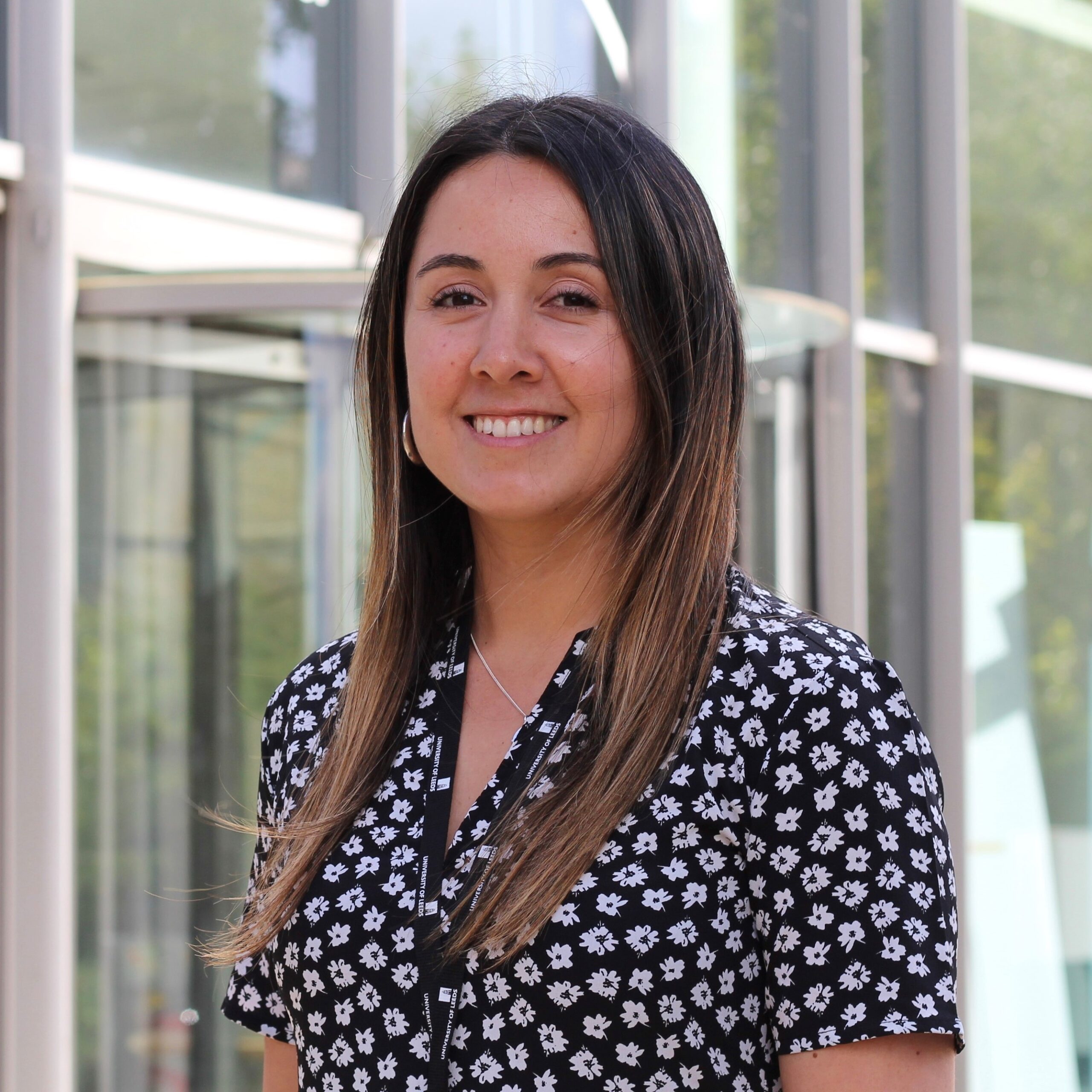Dr. Nicole Cerpa Vielma, an Assistant Professor in the Global Studies Department, has recently joined the LAIS Program as an affiliated faculty member. Dr. Cerpa specializes in subordinate financialization in Latin American economies, cross-border capital flows, financial globalization, and hierarchies in global finance. In this interview Professor Cerpa joined us to discuss the inspiration behind her studies, her research interests, and the reasons why her frame of economics is crucially applied to Latin America.
What got you first interested in studying economics?
I was born and raised in Chile, and growing up you could breathe inequality in all the spaces that you would navigate. I could see a lot of people suffering, not only in terms of income inequality, but also in terms of access to public services such as health and education. On the other hand Chile was painted, to the Chilean people, to Latin America, and to the world as a successful case of applying world policies. That didn’t make sense, success was not what I was seeing, so I started asking questions trying to get some answers and this is why I got into economics. However, the field of economics that is mostly taught in Chilean universities consists of very mainstream theories that focus mostly on efficiency. Under that frame Chile looks like a successful case, but that still didn’t make sense, so I decided to go to the UK to study and get a different view on how we can explain what I was seeing. This is how I got to the problem of power. At the end all these inequalities that I was seeing growing up, were explanations coming from the subordinate relationship that Chile had with the rest of the world.
How do you think studying in Chile vs the UK affected how you think or work as an economist?
In Chile the vision of economics is very focused on this efficiency paradigm. The UK is known for being very pluralist in terms of theories, so this is why I decided to go there. I chose the university I did because of the pluralistic approach they had, and I realized there that I had been taught such a tiny part of what economics and political economy is. Most economic theories are thought on the global north, the US, the UK, or similar kinds of economies. Now I can challenge these theories and see how these new approaches can be applied to economies that are structurally different and have different accesses to the global economy and finance.
What does your current research focus on?
I research a phenomenon called subordinate financialization. Financialization means the increasing weight of finance in all aspects, and it’s subordinated because I study the economies that experience this phenomenon from the subordinate position. Right now I am working on a project that analyzes how global conditions influence global investors’ decisions in terms of where they allocate their capital, particularly if they are going to allocate their capital in Latin America or not. I connect that with how this inflow of capital is determining the political space of these economies, so what type of government either right or left wing is being elected. That is at the political level, but we can see this subordination in other aspects like microeconomics. The micro aspect can be seen in the decisions that banks make. Global conditions can influence whether banks give out loans to people who need them, which frequently doesn’t have anything to do with what is actually happening between the borders of these countries. Rather it has a lot to do with what is going on in global finance and global investors within the global economy. I usually take the case of Chile, but I have also researched Argentina, Bolivia, Colombia, Ecuador, Mexico, and Uruguay.
Why do you think it’s important to study the globalization of finance in the context of Latin America?
A lot of the “issues” and “problems” that are seen in Latin America are usually attributed to being their own fault. I think my research is important because it makes it visible that this is not always the case, but rather that it is also due to increasing integration into global finance that increases their vulnerability. Its external conditions that are reducing the agency that these countries have. It’s not only their fault, it’s something else that has to do with power, subordination, and global conditions.
Do you have a favorite course/class that you have taught so far?
My favorite one is Global 132, Political Economy of Global Finance. It is basically all my research, so I get to talk about what is global money and what is global banking, as well as how we got to the point we are right now in terms of financial globalization, financialization. It lets me put out underrepresented or under heard perspectives in economics and political economy.
*This interview was conducted by Isabelle Tate-Arévalo

